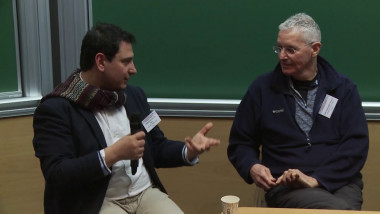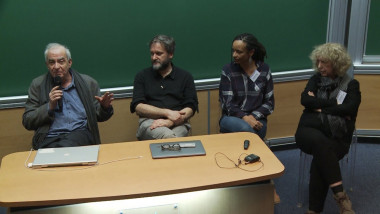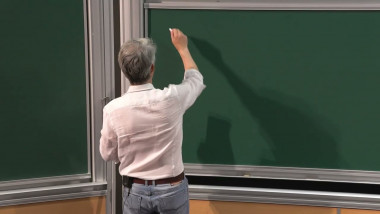Dendritic Cell migration: from microfluidics to in vivo imaging
The migration of immune cells is guided by specific chemical signals, such as chemokine gradients. Their trajectories can also be diverted by physical cues and obstacles imposed by the cellular environment, such as topography, rigidity, adhesion, or hydraulic resistance. On the example of hydraulic resistance, it was shown that neutrophil preferentially follow paths of least resistance, a phenomenon referred to as barotaxis. We here combined quantitative imaging and physical modeling to show that barotaxis results from a force imbalance at the scale of the cell, which is amplified by the acto-myosin intrinsic polarization capacity. Strikingly, we found that macropinocytosis specifically confers to immature dendritic cells a unique capacity to overcome this physical bias by facilitating external fluid transport across the cell, thereby enhancing their space exploration capacity in vivo and promoting their tissue-patrolling function. Conversely, mature dendritic cells, which down-regulate macropinocytosis, were found to be sensitive to hydraulic resistance. Theoretical modeling suggested that barotaxis, which helps them avoid dead-ends, may accelerate their migration to lymph nodes, where they initiate adaptive immune responses. We conclude that the physical propert ies of the microenvironment of moving cells can introduce biases in their migratory behaviors but that specific active mechanisms such as macropinocytosis have emerged to diminish the influence of these biases, allowing motile cells to reach their final destination and efficiently fulfill their functions


















































